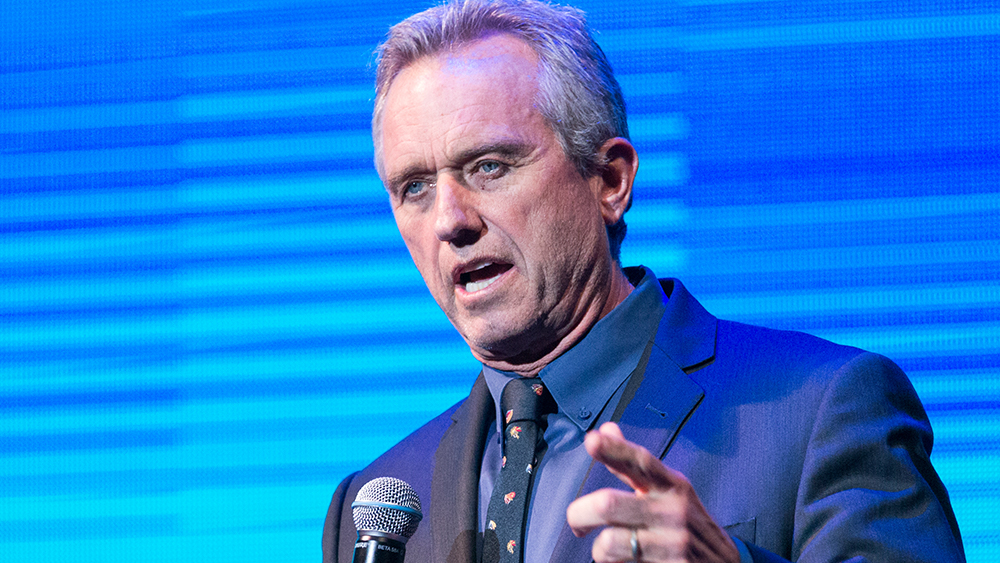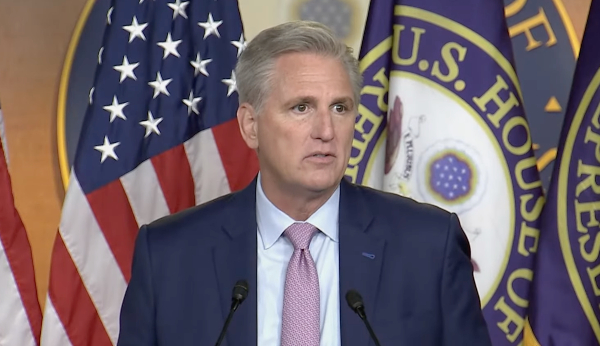U.S. budget deficit climbs in May amid big government spending and falling revenue
06/14/2023 / By Cassie B.

Government income has dropped this year, pushing the federal deficit deeper into the red than expected. New data shows the budget deficit climbed in May against a backdrop of falling federal revenues and rising Medicare spending.
The Monthly Treasury Statement showed a May shortfall of $240 billion, which is a full $66 billion over last May’s figure. This brings the cumulative deficit for the first eight months of this fiscal year, which started in October, to $1.165 trillion, which marks a rise of $426 billion over last year. The government has spent $4.16 trillion during this period while collecting just $2.99 trillion worth of revenue. In fiscal year 2022, in contrast, they spent $3.8 trillion while bringing in $3.37 trillion in revenue for a shortfall of under $500 billion.
The report was the first month of accounting of government finances since the deal was made to suspend the U.S. debt limit to avert a federal default.
May revenues reached $307 billion, which is 21 percent below the $389 billion noted a year earlier. Higher tax return payments and lower non-withheld individual income taxes were blamed for the shortfall. According to the Congressional Budget Office, individual and payroll taxes are below the levels seen last year.
Manhattan Institute Budget Expert Brian Riedl said that last year saw unusually high tax revenue on account of inflation, while income taxes amounted to more than 10 percent of gross domestic product for the first time on record.
The problem, according to Riedl, can be seen on the spending side. He told the Washington Times: “These deficits are the predictable result of retirement-driven Social Security and Medicare costs, the Biden spending spree and rising interest rates on the federal debt.”
The biggest spending item is social security, which accounted for $116 billion last month, while Medicare and federal health accounts made up a further $153 billion. Interest on debt amounted to $61 billion, while welfare benefits were $64 billion, and defense was $66 billion.
While there is usually a mix of good and bad months in every fiscal year, each month so far this year has been worse than the year before.
The Congressional Budget Office expects the government to run trillion-dollar deficits each year for the remainder of the decade, exceeding $2 trillion again in 2030 and approaching $3 trillion by 2033. However, they made their projections based on the expectation of a slight revenue drop this year of $82 trillion; actual revenue is already down $380 billion.
The nonpartisan Committee for a Responsible Federal Budget (CRFB) pointed out in a new report that the federal budget deficit is now more than double the one seen prior to the pandemic.
The report stated: “With deficits expanding, substantial policy change will be needed to bring spending and revenue in line. The roll-off (and possible reversal) of student debt cancellation and implementation of the Fiscal Responsibility Act are likely to help reduce deficits in the near term, but much more action will be needed to stem the unsustainable medium- and long-term trajectory of the debt.”
Americans are growing concerned about the nation’s finances
A recent study conducted by the Pew Research Center revealed that Americans now consider reducing our budget deficit to be more pressing than they did a year ago, with 57 percent saying it should be a top priority versus just 45 percent one year ago.
While respondents in both parties are more likely to identify this as a top priority than last year, Republicans are still overwhelmingly more likely to consider it a priority than Democrats, at 71 percent versus 44 percent.
Sources for this article include:
Submit a correction >>
Tagged Under:
big government, bubble, budget deficit, collapse, Congressional Budget Office, debt bomb, debt collapse, dollar demise, economic riot, government debt, government spending, inflation, market crash, money supply, national debt, pensions, risk
This article may contain statements that reflect the opinion of the author
RECENT NEWS & ARTICLES
COPYRIGHT © 2022 EconomicRiot.com
All content posted on this site is protected under Free Speech. EconomicRiot.com is not responsible for content written by contributing authors. The information on this site is provided for educational and entertainment purposes only. It is not intended as a substitute for professional advice of any kind. EconomicRiot.com assumes no responsibility for the use or misuse of this material. All trademarks, registered trademarks and service marks mentioned on this site are the property of their respective owners.




















